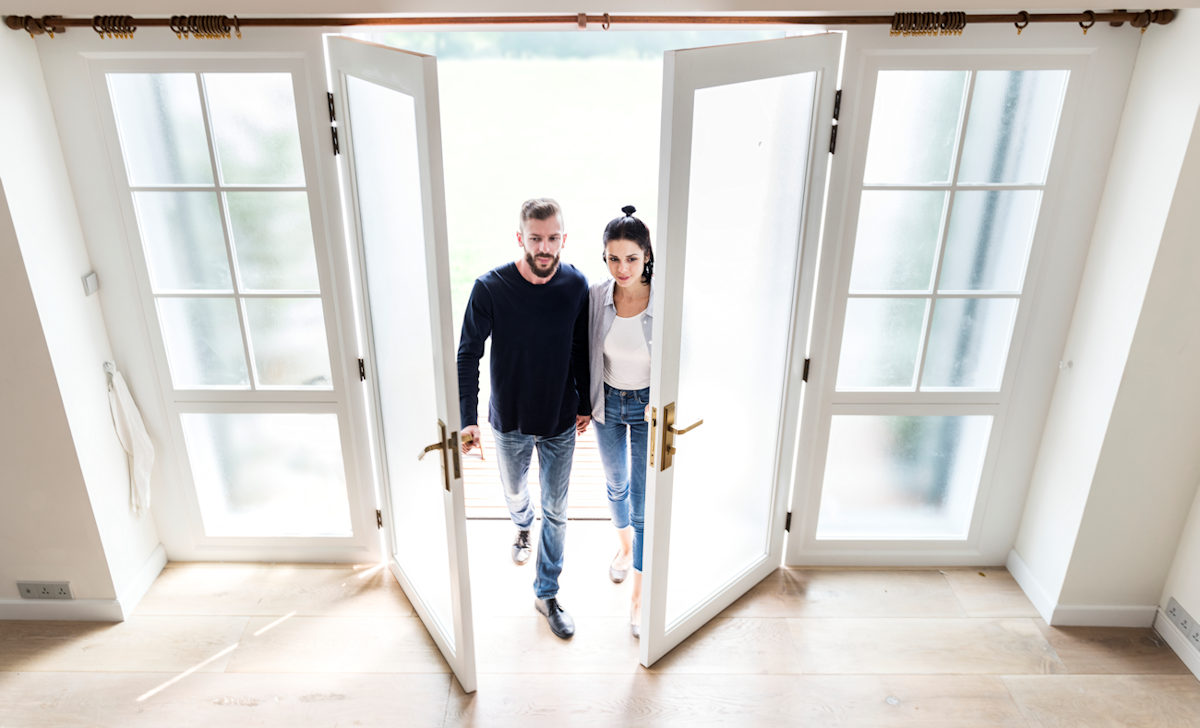
Ten top tips for first time buyers
These handy hints will help maximise your chances of homebuying success.
1. Boost your deposit
Saving as much as you can for your deposit is important if you're a first-time buyer, as it opens up a raft of better deals and gives you that all-important choice. The more you can put down upfront as a proportion of the property's value, the cheaper your mortgage repayments. So it pays to save.
2. Check your credit record
Your credit file details your borrowing history and shows up any missed payments. It's a good idea to check yours to see what the lender will see when they do their credit check.
Manage your money carefully before applying for a mortgage. This means avoiding going overdrawn and ensuring you meet all of your credit commitments, such as credit card and loan repayments.
3. Don't go over budget
The costs of buying your first home can become significant and it's easy to focus on the major ones, forgetting about the smaller, but still important, expenses. Of course you need to ensure you have a sufficient deposit and the money to pay Stamp Duty or Land & Buildings Tax, but you also need to consider potential mortgage fees, legal costs and the expense of a removal firm, not to mention furnishing and decorating your first home.
4. Knowledge is key
Being clued up about mortgages will mean that you are better placed to make decisions about the best deal for you, and it is so much easier to understand the process if you have a basic grasp of what happens when, and what you will need to do to help the process along. This guide will give you a head start, but don't be afraid to ask questions of everybody involved in your property purchase, and take advantage of the wealth of mortgage information online.
5. Fixed or tracker?
One of the biggest decisions you need to make is whether you would prefer your interest rate to be fixed or variable. There is no right answer because your own circumstances and attitude to risk are central to your decision. Are you happy to take the risk that your rate could increase in return for the cheapest initial deal? Or is it important for you to fix your monthly repayments for an agreed period? An adviser can help you and show you illustrative costs of each option, but the final decision is yours.Â
6. Plan your property viewing
A typical viewing is only 15 minutes so make sure you househunt like a professional by planning ahead. Visit the area in the daytime, at night and maybe even during rush hour to get an accurate idea of the place. When you view the property have a checklist with you because you will be surprised how much you will forget. Ask when the windows and the boiler were installed and look for any problems such as cracks in the walls or damp. And make notes during the viewing or soon afterwards to capture your initial impressions.
7. Consider government schemes
The government has prioritised homeownership as a housing tenure and it has a raft of schemes to help aspiring homeowners get onto the housing ladder, particularly those who can't amass a large deposit. The Help to Buy schemes are designed to break down this homebuying barrier by enabling those with just 5% of the purchase price saved up to get a mortgage on competitive terms. Don't give up, there are solutions available for first-time buyers who are struggling to save to get onto the ladder.
8. Look at dedicated first time buyer deals
Many lenders offer deals targeted at first-time buyers, including exclusives for those making their first step onto the ladder. There are also mortgages that help you buy a property with the help of your family, or that enable you to buy with a small deposit. You might have more mortgage options than you think.
9. Don't forget the survey
There are different levels of survey - a Valuation, Homebuyer Report and Building Survey - and it makes sense to go for the most detailed you can afford. The survey arms you with essential information that could mean you decide not to proceed with the purchase, or give you grounds to negotiate the price.
Don't buy a property without knowing what you are purchasing and the overall condition of the property.
10. Ensure you insure
Having sufficient insurance is essential when you buy a property, because you are effectively covering the roof over your head. Buildings cover is compulsory and most homeowners decide to cover their contents too in case of a break in or damage to the carpets, for example. Life insurance is also important because it means your mortgage will be paid off in the event of your death.

